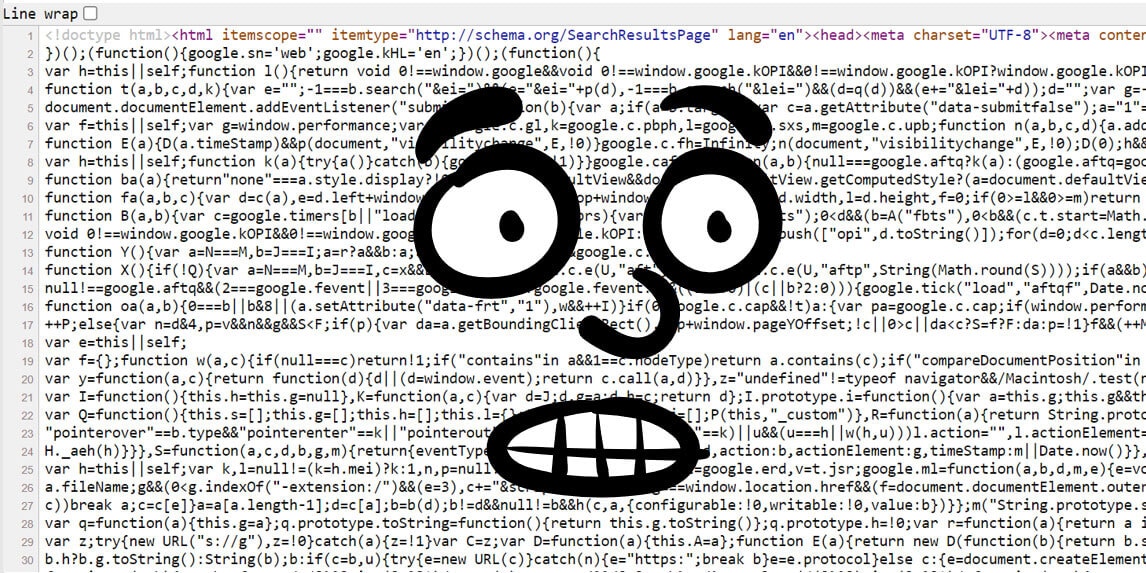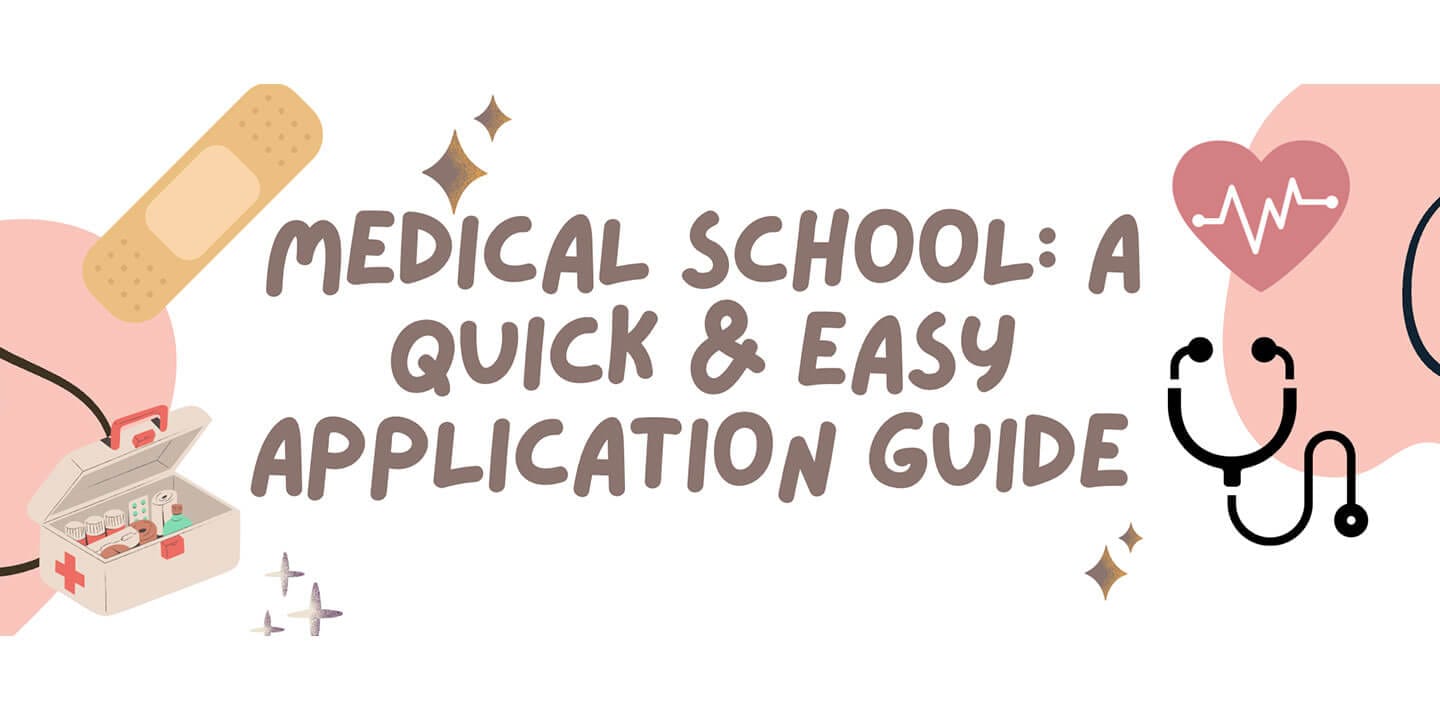
Learn the Basics of Coding!

Learning to code can be a challenging yet rewarding experience. The basics of coding are essential in today's technology-driven world, and with the right tools and knowledge, anyone can become a proficient coder. Here’s a short guide on how to learn the basics of coding, the best applications to use, and some beginner's knowledge to get you started.
1. Understand the basics of coding:
Before diving into coding, it's crucial to understand what coding is and how it works. Coding is essentially the process of creating instructions that a computer can understand and execute. There are many programming languages that you can learn, but the fundamental concepts are similar across all of them. These concepts include variables, loops, functions, and conditionals.
To start learning coding basics, we recommend finding a beginner-friendly resource that can provide you with a solid foundation. Online resources like Codecademy, FreeCodeCamp, and Khan Academy are great places to start. They offer free, interactive courses that cover the fundamentals of coding.
2. Choose the right coding applications:
Choosing the right coding applications can make a significant difference in your learning experience. There are many coding applications available, and the right one for you will depend on your level of experience and the programming language you want to learn.
For beginners, we recommend starting with a text editor like Visual Studio Code, Sublime Text, or Atom. These text editors are free and provide an easy-to-use interface for writing code. Once you've become more comfortable with coding, you can move on to more complex integrated development environments (IDEs) like Eclipse, IntelliJ, or Visual Studio.
3. Understand the basics of a programming language:
Each programming language has its own unique syntax and rules, but the basic concepts are similar across all languages. Understanding the basics of a programming language is essential to becoming a proficient coder.
The four basic concepts that all programming languages share are variables, loops, functions, and conditionals. Variables are used to store data, while loops allow you to execute a block of code repeatedly. Functions allow you to group related code and reuse it throughout your program, and conditionals are used to make decisions based on certain criteria.
4. Practice, Practice, Practice:
Practice makes perfect, and the same holds true for coding. The more you practice, the better you'll become. Start by writing simple programs, and then gradually move on to more complex ones. Don't be afraid to experiment and make mistakes; this is how you'll learn and grow.
There are many websites and resources that offer coding challenges and exercises to help you practice your skills. Some popular ones include HackerRank, LeetCode, and Project Euler.
5. Join a coding community:
Joining a coding community can be an excellent way to learn from other coders and get feedback on your work. There are many online coding communities, such as GitHub, Stack Overflow, and Reddit's r/learnprogramming subreddit.
Participating in coding communities can also provide you with opportunities to work on open-source projects and collaborate with other coders. This can help you develop your skills further and build your portfolio.
In conclusion, learning to code takes time, patience, and dedication. By understanding the basics of coding, choosing the right applications, and practicing regularly, you can become a proficient coder. Joining a coding community can also help you stay motivated and learn from others. With these tips and resources, you can begin your coding journey today.
Do you have a compelling story or student success tips you’d like to see published on the Pearson Students blog? If you are a college student and interested in writing for us – click here to pitch your idea and get started!



